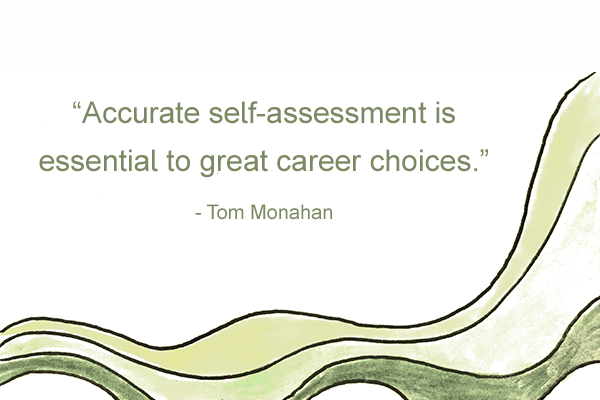According to extensive research into success and performance, each one of us approaches our work with a unique formula. When we are at our best, we tap into some natural talents, abilities, or experiences that we have honed. In his book, StrengthFinders, Tom Rath uses Gardner's research and outlines 34 themes or traits that show up in different combinations in these success recipes.
I recently took mine again and was amazed at the consistency from previous times I have taken the assessments under different circumstances, in different cities, and for different purposes. It seems that each of us have a "go to" recipe that becomes our signature dish.
Mine are Strategic, Maximizer, Positivity, Activator, and WOO (winning others over). This time Communication made it back onto the list as well.
So, what do these mean?
For me, they combine to create this recipe.
I see the big picture. I know how to make it better. I am positive it will work.
How soon can we start? Who's with me?
When I first articulated this, a long-time colleague joked that this was the pattern of most of the emails she received from me. I suspect she was right.
Those familiar with the assessments know that one of my themes is in the Strategic Thinking category, one is in Relationship Building, and three are in Influencing. Using my kitchen analogy, this represents my balance of salty and sweet. The Strategic and Maximizer seek out data, insight, and analysis until actionable patterns begin to emerge. Those patterns build confidence with Positivity and momentum with Activator. Activator also indicates my comfort with (and, frankly, need for) experimentation. We often can only start with a minimum viable offering or a test, but that then informs our strategy and our confidence for further investments. And throughout, with communication and influence, I am "Winning Others Over" (WOO). Creating the motivation to bring customers or colleagues in alignment with the new vision.
I can point to dozens and dozens of examples in my career where my recipe delivered great results. It is the common theme up and down my resume. Not everyone would have approached the problems or situations in the same way, and in fact, those perspectives are critical for strategic planning and action (and must be actively sought out, especially from those who are quiet in group settings or need more time for analysis). But underlying the successes is a creativity, energy, and conviction that prompts people to action and helps the business achieve more than it thought it could. It's my winning formula. It's my signature dish.
What is yours? I am curious to know what others have found in their StrengthsFinders assessments and how they are utilizing it to play more to their strengths every day.
Next week, I am attending a workshop where this and other assessments will combine to create a clearer picture of purpose and vision. For someone who likes to see the big picture and collaborate towards making things better, this is perfect. It just can't come soon enough.









































